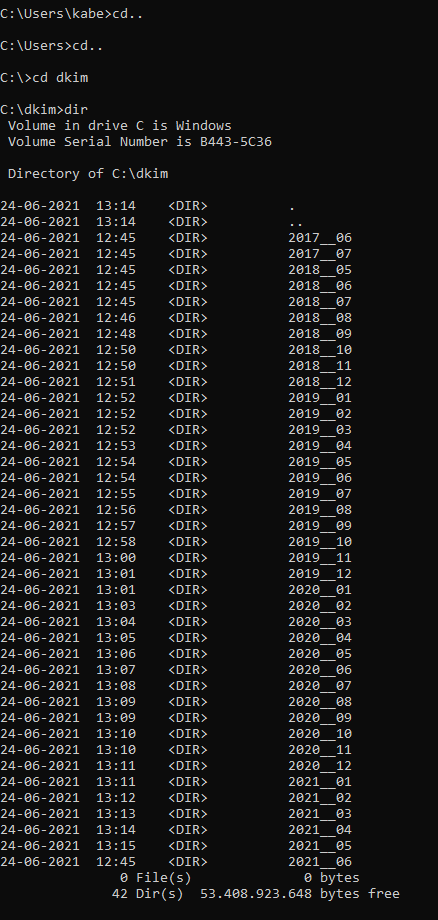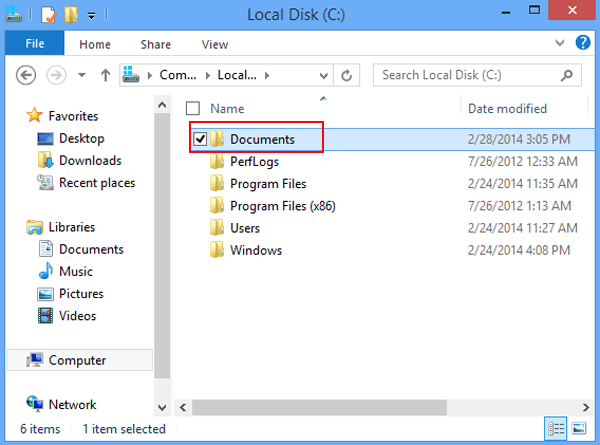

- Windows command line search for text in files recursively how to#
- Windows command line search for text in files recursively full#
The -A option which displays the N lines after the string match. This may be obtained from: Display lines after the string match # For a step to step guide on installing, configuring and using samba, Samba has a huge number of configurable options (perhaps too # This is the main Samba configuration file. The -w (word-regexp) flag for grep will make the given expression match only whole words. I : This option ask grep command to ignore the case while matching the pattern.

This option instructs grep command to print only the matching words instead of entire line. O : By default, grep prints entire line which contains the search pattern. The following command will extract all links from an file $ grep –Eoi ']+>.*' filename Use -E ( or -extended-regexp) option if you want grep to understand it as an extended regular expression. In the following example, the string ^welcome will match only if it occurs at the very beginning of a line. The ^ (caret) symbol - The pattern following it must occur at the beginning of each line. Basic and Extended are the two regular expression used by grep command.īy default, grep interprets the pattern as a basic regular expression. Regular Expressions is a pattern to match for each input line. $ ps -ef | grep docker | grep apache Regular Expressions in files

Here i am doing multiple pipe and searching for the 'docker' and 'apache' process from ps command. In the following example I am searching for a file with name 'backup' using the ls command $ ls | grep backup You can use pipe the output for a command and grep for the pattern from its output. $ grep -r nginx /var Search for a String in Command Output (stdout) In the following example, grep command will search for the string 'ngnix' in all files inside /var directory.

Recursive search is achieved by using -r option that will search Recursively all file skipping symbolic links. Haldaemon:x:68:68:HAL daemon:/:/sbin/nologin Recursive Search In following examples grep matches all the words such as “hal”, “HAL” case insensitively: $ grep -i HAL /etc/passwd Options -i searches for the given string/pattern case insensitively. etc/group:wheel:x:10:root Grep case insensitive search etc/passwd:operator:x:11:0:operator:/root:/sbin/nologin dir C:\Folder\SubFolder > C:\Folder\list_of_files./etc/passwd:root:x:0:0:root:/root:/bin/bash Simply add this redirection symbol at the end of the command. Indeed, use the “>” superior symbol to redirect the output to a specific text fil instead of displaying it to the screen. Use the > and a folder name or path to write the list of the files directly into a result text file. To create an output file from the list of files generated by the dir command Per default, it will display various informations like the date and time modification, the type, if it is a directory or a file and the size.
Windows command line search for text in files recursively full#
Or this variant to display explicitly the content of a folder using explicitly the full path : dir /s C:\Folder\SubFolder
Windows command line search for text in files recursively how to#
How to create a list of the files contained in a folder into a text file with a Windows command ?įor example, to list the files and folders from a specific directory recursively, use the dir command: dir /s How to create a list of files and insert it into a text file with a simple command in Windows? It pretty easy, you need to add in the command to redirect the output of the dir batch comand.


 0 kommentar(er)
0 kommentar(er)
